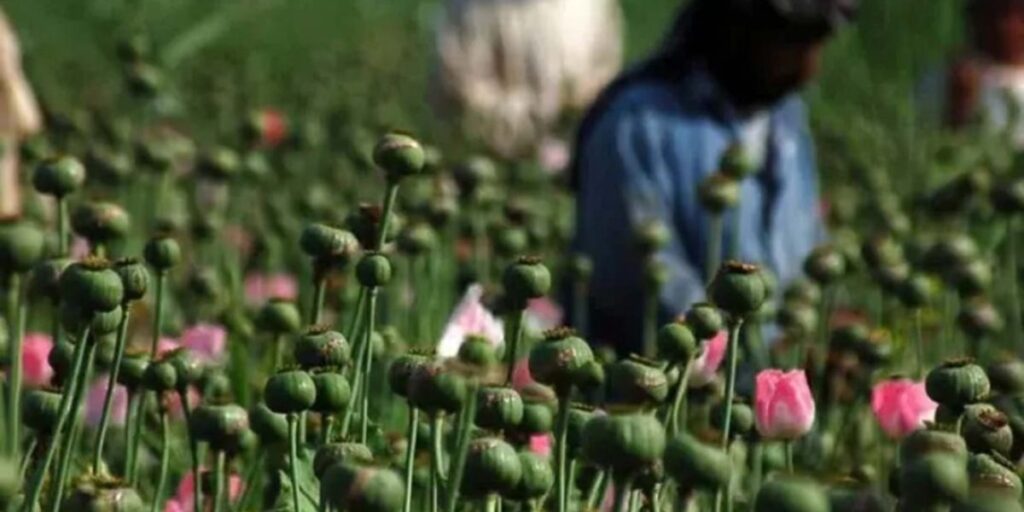QUETTA: A major crackdown has been launched against the landlords indulged in the cultivation of the poppy across Balochistan.
According to the sources of the home department, the provincial government has added names of 75 landlords from District Duki to the Fourth Schedule.
The government continues the process of adding people from the other regions.e.g. Chaman, Killa Abdullah, Loralai, Musa Khel, Sibi, and Kalat.
Authorities confirmed that while a landlord’s name remains on the Fourth Schedule, all of their properties will be considered confiscated.
The Counter-Terrorism Department (CTD) will conduct an investigation into their assets. Landlords will be required to inform the local Levies or police station about their travel details and place of residence and must obtain permission before traveling.
Additionally, they must submit their passports to the concerned police or Levies station.
It is worth mentioning that the poppy crops have been demolished in the several areas of Balochistan in operations carried out by the ANF and other concerning departments.
The cultivation in Balochistan is prohibited and the provincial government has already issued strict warning to the landlords across Balochistan.
In recent years, Balochistan has intensified operations against illegal poppy cultivation, leading to the destruction of thousands of acres of crops in districts like Duki, Killa Abdullah, Pishin, and Chagai.
The provincial government, with the support of security agencies, has launched several crackdowns, resulting in multiple arrests and the inclusion of offenders in the Fourth Schedule.
Reports indicate that over 36,000 hectares of poppy fields have been demolished.
The Counter-Terrorism Department (CTD) and anti-narcotics units have also confiscated assets linked to poppy cultivation.
These operations highlight Balochistan’s growing commitment to curbing the narcotics trade, which has long been linked to cross-border trafficking networks and regional instability.





